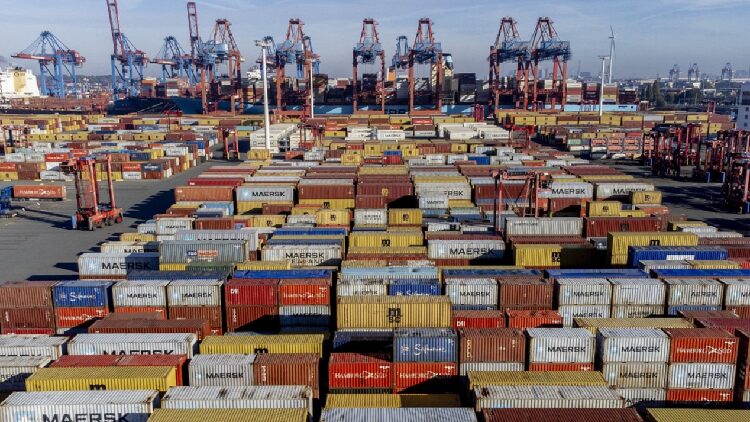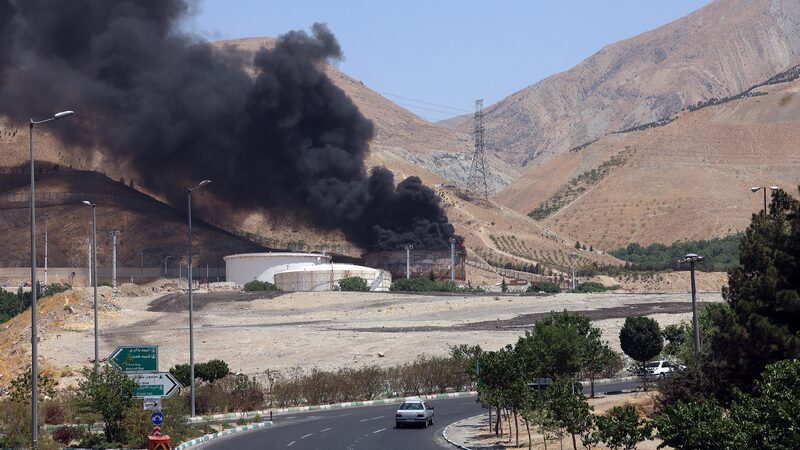Global supply chains have been the backbone of international cooperation and shared development since the 1980s. But recently, these vital networks have faced numerous challenges, making global cooperation more important than ever.
Disruptions from the Pandemic
The COVID-19 pandemic disrupted production and supply chains worldwide. Many countries experienced interruptions, shifting the focus from efficiency to security and stability. Companies began diversifying their suppliers to balance profits and risks.
Geopolitical Conflicts Adding Strain
Conflicts like the Russia-Ukraine war have caused spikes in commodity prices, including oil, gas, and grain. These tensions disrupt global logistics, causing delays and reducing shipping capacities. Recent concerns over the security of Red Sea transportation highlight the fragility of our global networks.
Impact of Trade Protectionism
Rising trade protectionism is shaking the global economic order. Some nations are implementing excessive protective measures, prioritizing national security over economic principles. This over-securitization leads to decoupling and friend-shoring strategies, which can hinder technological cooperation and slow down the deployment of new technologies.
Threats to Global Development
The fragmentation of global supply chains poses a threat to economic growth. The International Monetary Fund estimates potential global GDP losses of up to 2.3%. Developing countries could suffer the most, with potential losses exceeding 4%.
Moreover, over-securitization challenges global climate goals. International cooperation is essential for green transformations, and hindering access to advanced green technologies can delay these efforts.
The Need for International Cooperation
It’s crucial to strengthen international cooperation to build inclusive, efficient, and stable global supply chains. Developing open and stable relationships based on mutual trust can help address these challenges.
Fostering global collaboration in trade, investment, and technological innovation is necessary. Upholding multilateral trading systems and encouraging joint ventures can promote a more interconnected and resilient global economy.
Supporting developing countries in participating in global supply chains is also vital. By assisting these nations in their industrialization efforts, we can ensure a more equitable global development.
Looking Ahead
The challenges facing global supply chains affect us all. By advocating for cooperation and against decoupling, we can work towards a future of shared growth and stability.
Reference(s):
Why a cooperative global industrial & supply chains is urgently needed
cgtn.com








